Director: Veit Helmer
Year 1999
The film is a literally wildly colorful coming of age tale about a strange young man named Anton who lives at his family’s bathhouse. Secluded from the rest of the world, Anton’s only interactions are with those of his blind father and with his long-suffering mother. Stagnant in life, Anton lives a quite existence that is until a young beautiful girl named Eva visits the bathhouse with her ailing father. Anton becomes obsessed with this exciting beauty and through a series of unexpected events the two get tangled up in one of the most interesting and heartfelt of tales showcasing the growing pains of life and the agonizing reality of the introduction to the age of maturity and responsibility.
I’m not too familiar with director Veit Helmer’s other works, but if
There’s also a deliberate decision to portray this cinema world in a circus style atmosphere. Nothing seems right and everyone seems a bit off when it comes to mental stability. Anton himself, played by Denis Lavant, comes off as more of a man child, having the appearance of a grown man but the disposition of an innocent youth. His inexperience of the world outside is embedded in his character, but Lavant portrays the clueless Anton with such an amped up sense of infantile aplomb that he becomes wholly sympathetic and strikingly relatable.
The same can be said for the rest of the cast, including the character of Eva, played by the outrageously talented and absolutely beautiful Chulpan Khamatova. Her innocence mirrors Anton’s, but she represents the outside world and the bearer of experience. She’s seen so many things that Anton has not, but in the end she’s as lost as him in the world. With Anton, his metaphorical crutch is his family and the bathhouse, and with Eva, her crutch is that of her father. Both of their support systems are coming to an end. The bathhouse is on its last legs and so is Eva’s father, so in that sense the two have a common path. When the catalyst of the film sets into motion and the whirlwind of problems begin to siege themselves upon both characters, each one is taken to task with coming up with a way to survive the bedlam. I really loved how both characters interacted with each other and the world around them, both dealing with things differently but ultimately and constantly having their paths cross and intertwine. It almost seems like the director was making a comment on destiny by having the two star crossed lovers fall in and out of each others lives, but eventually connecting when the dust clears.
Another thing that can be said about this film is that there isn’t a whole hell of a lot of dialogue to be heard, leaving the actors to really overact and emphasis their actions. The resulting effect is actually more effective, allowing you to seep into the world and become a part of it. Much like Anton and his slow reveal of the outside world, we too follow in his footsteps and get used to the way things are in this odd cinematic landscape. Like all things we are first introduced to, it appears jarring and unfamiliar, but once you establish the tone and allow yourself to familiarize with the culture of this fictional society, it actually becomes a sensible and stalwartly way of depicting a world full of humanity and soul. There is so much life within this film that it almost threatens to burst from outside its enclosed frame.
Even the sets have a life of their own. The age and wear can be seen on every crusted wall, every rusted fixture, and every cracked tile. The personality of the bathhouse alone has enough interesting history within its tired walls to write a book about. That’s the thing about this film that I find most intriguing. Not only are the characters fully realized and exhilaratingly believable, but the locations and sets are equally teeming with verve. There isn’t one place in this film that doesn’t seem lived in and appropriately aged within the confines of the cinematic world that Helmer has set up. The craftsmanship and acute melding of both the visual look of the world with the expressive cast is so unparalleled that this masterpiece disserves to be seen by anyone open to foreign cinema and able to think outside the box. Don’t get me wrong, this film is not for everyone. You have to be able to let go of what you know and just go along with the wonderful imagery that Helmer has lovingly crafted for this undiscovered world.
A true original masterpiece, the movie takes us to a place that can only exist on a cinematic plain, but that disconnected feeling that we should have with a wholly fabricated world is never felt. Instead we are allowed to meld within the story and find our own place inside this enjoyable tale of love, loss, and the overwhelming event of passing from youth to adulthood.
 |
| Somewhere out there. |
 |
| Keep your hands off my daughter's panties! |
 |
| I feel zestfully CLEAN! |
 |
| A face only a mother could love. |
 |
| Scratch that. Not even his mother loves that mug. |
 |
| You panty sniffing FREAK! |
 |
| Just keep quiet Chulpan. The weirdo will go away. |
 |
| You're A OK in my book son. |
 |
| Someone get me out of this crazy film. |
 |
| Yep, Anton is a special one alright. |
 |
| Who the hell do you think you are? Dennis the Menace? |
 |
| Looks like someone's catching the vapors. |
 |
| I'd like to make an announcement. I'm OLD! |
 |
| Run Anton! Run! |
 |
| What a shithole. |
 |
| The sad drowning of Noodle Boy. |
 |
| The saddest bathhouse in the world. |
 |
| The sequel to A Boy and his Dog. A Girl and her Goldfish. |
 |
| Sometimes when we touch, the honesty's too much. |
 |
| And they lived happily ever after. The End. |

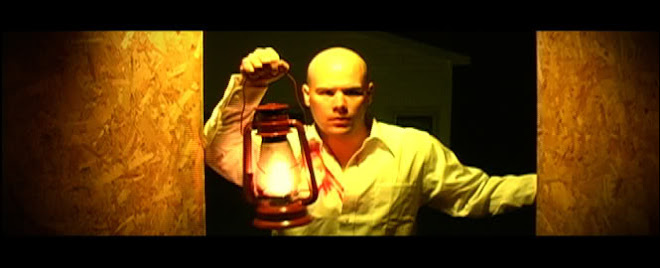



























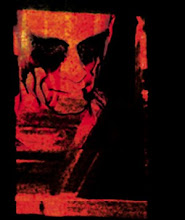


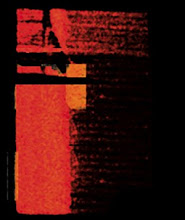

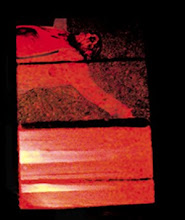
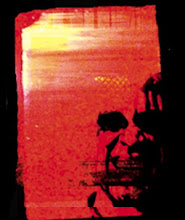
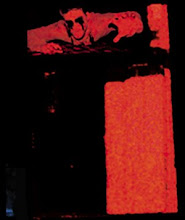








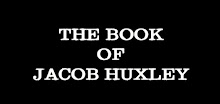
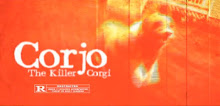

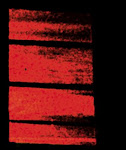















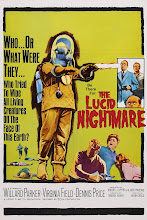

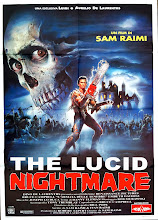



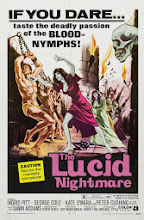
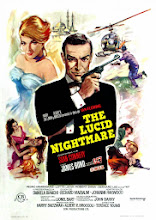
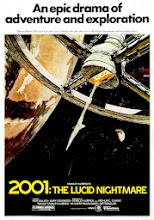


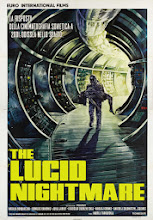










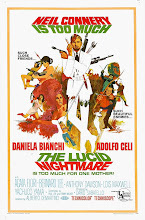
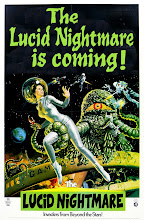






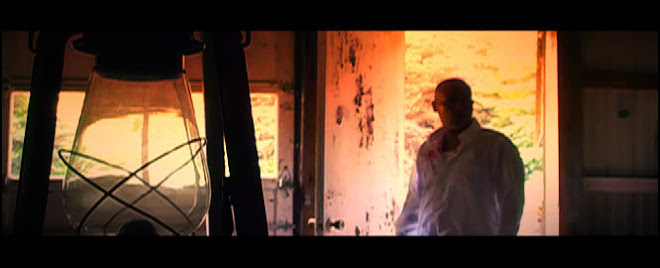
No comments:
Post a Comment